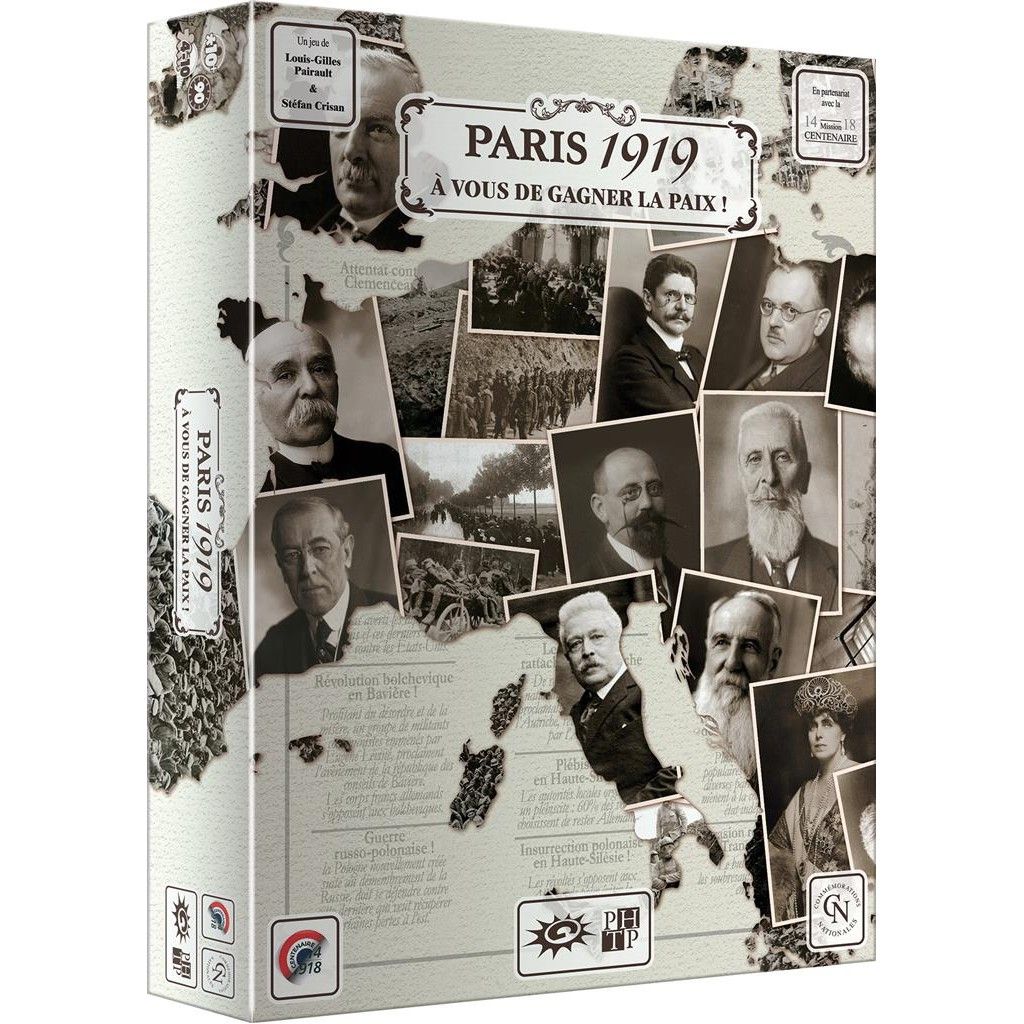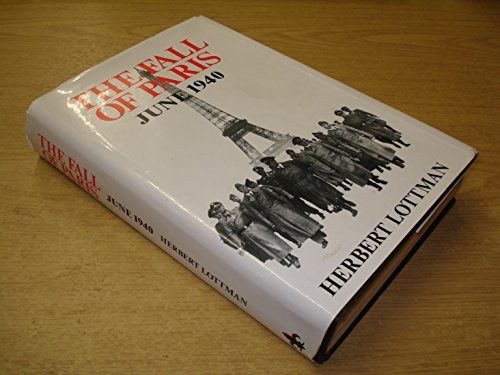
A wealth of colorful detail and a concentration on the strange characters many of these statesmen were keep narrative lively." -The New York Times Book Review "MacMillan's book reminds us of the main lesson learned at such a high cost in Paris in 1919: Peace is not something that can be imposed at the conference table. "The history of the 1919 Paris peace talks following World War I is a blueprint of the political and social upheavals bedeviling the planet now. Nominated for Charles Taylor Prize for Literary Non-Fiction 2004 Winner of Samuel Johnson Prize for Non-Fiction 2002 Margaret MacMillan argues that they have unfairly been made the scapegoats for the mistakes of those who came later.Winner of Governor General's Literary Award - Nonfiction 2003 The peacemakers, so it has been said, failed dismally above all they failed to prevent another war. They struggled with the problems of Kosovo, of the Kurds, and of a homeland for the Jews. They pushed Russia to the sidelines, alienated China, and dismissed the Arabs. This book brings to life the personalities, ideals, and prejudices of the men who shaped the settlement.

For six months, Paris was effectively the center of the world as the peacemakers carved up bankrupt empires and created new countries. Ho Chi Minh, a kitchen assistant at the Ritz, submitted a petition for an independent Vietnam. Lawrence of Arabia joined the Arab delegation. David Lloyd George, the gregarious and wily British prime minister, brought Winston Churchill and John Maynard Keynes. Stern, intransigent, impatient when it came to security concerns and wildly idealistic in his dream of a League of Nations that would resolve all future conflict peacefully, Wilson is only one of the larger-than-life characters who fill the pages of this extraordinary book. Center stage, for the first time in history, was an American president, Woodrow Wilson, who with his Fourteen Points seemed to promise to so many people the fulfillment of their dreams.


Summary: "Between January and July 1919, after "the war to end all wars," men and women from around the world converged on Paris to shape the peace.


 0 kommentar(er)
0 kommentar(er)
